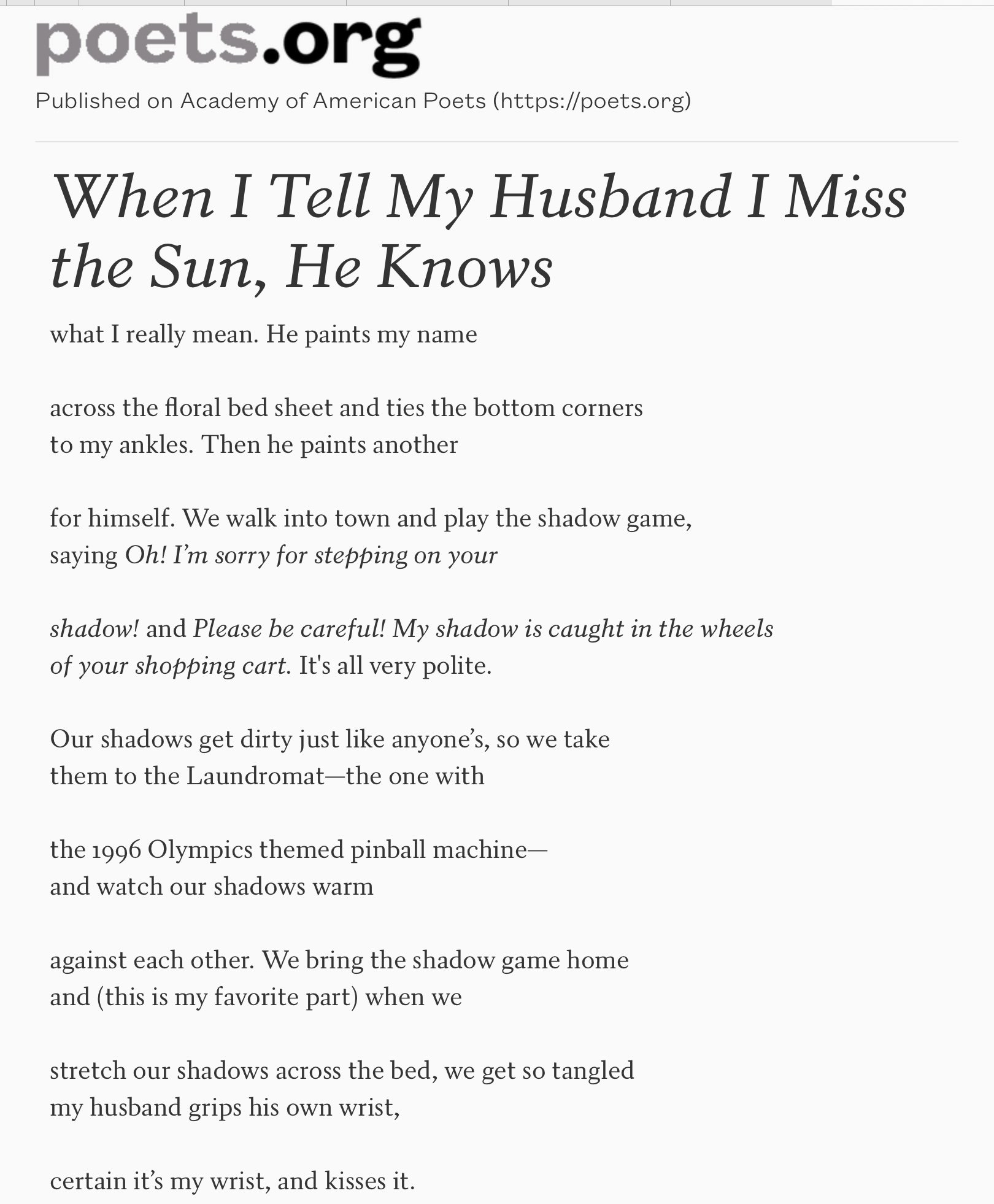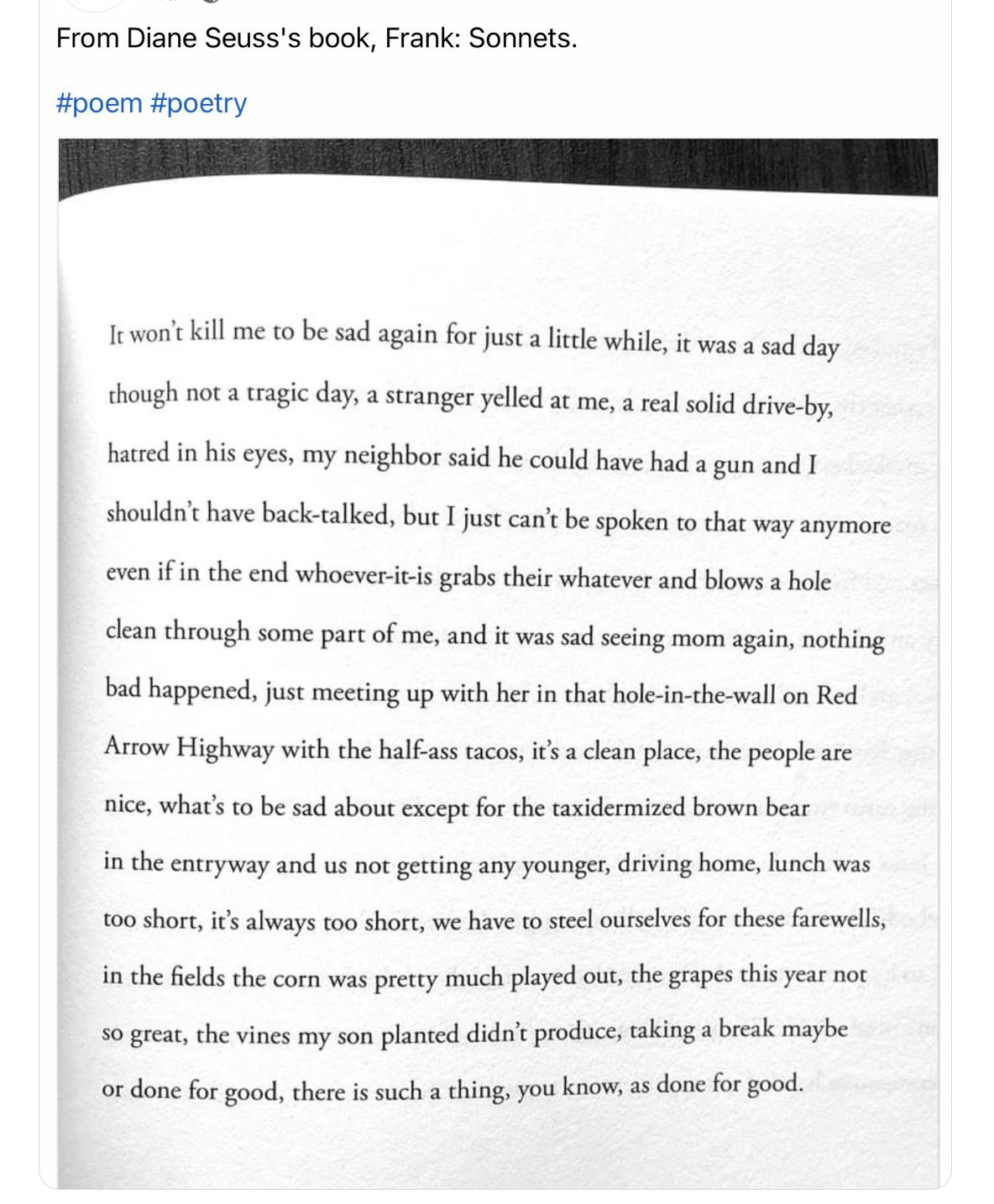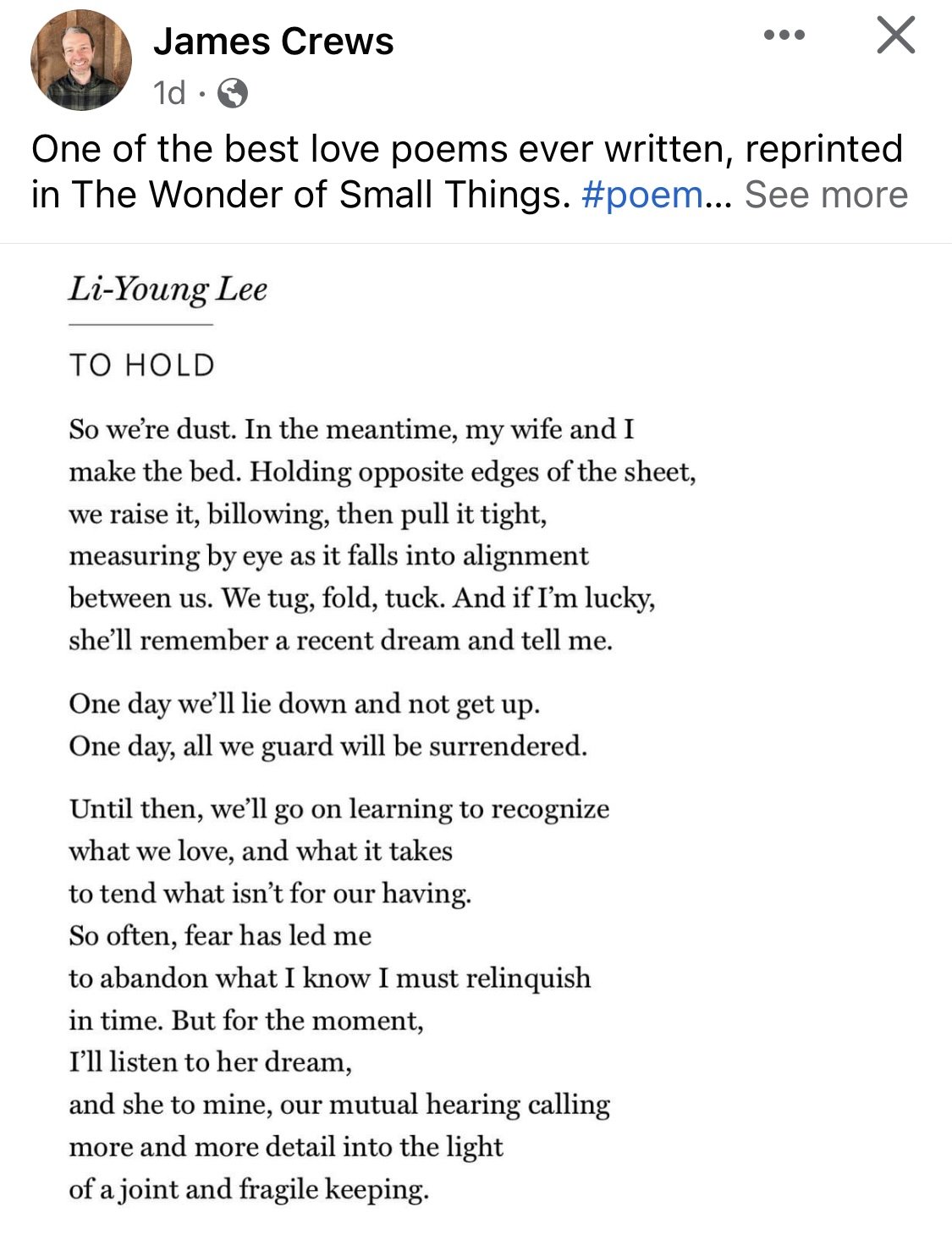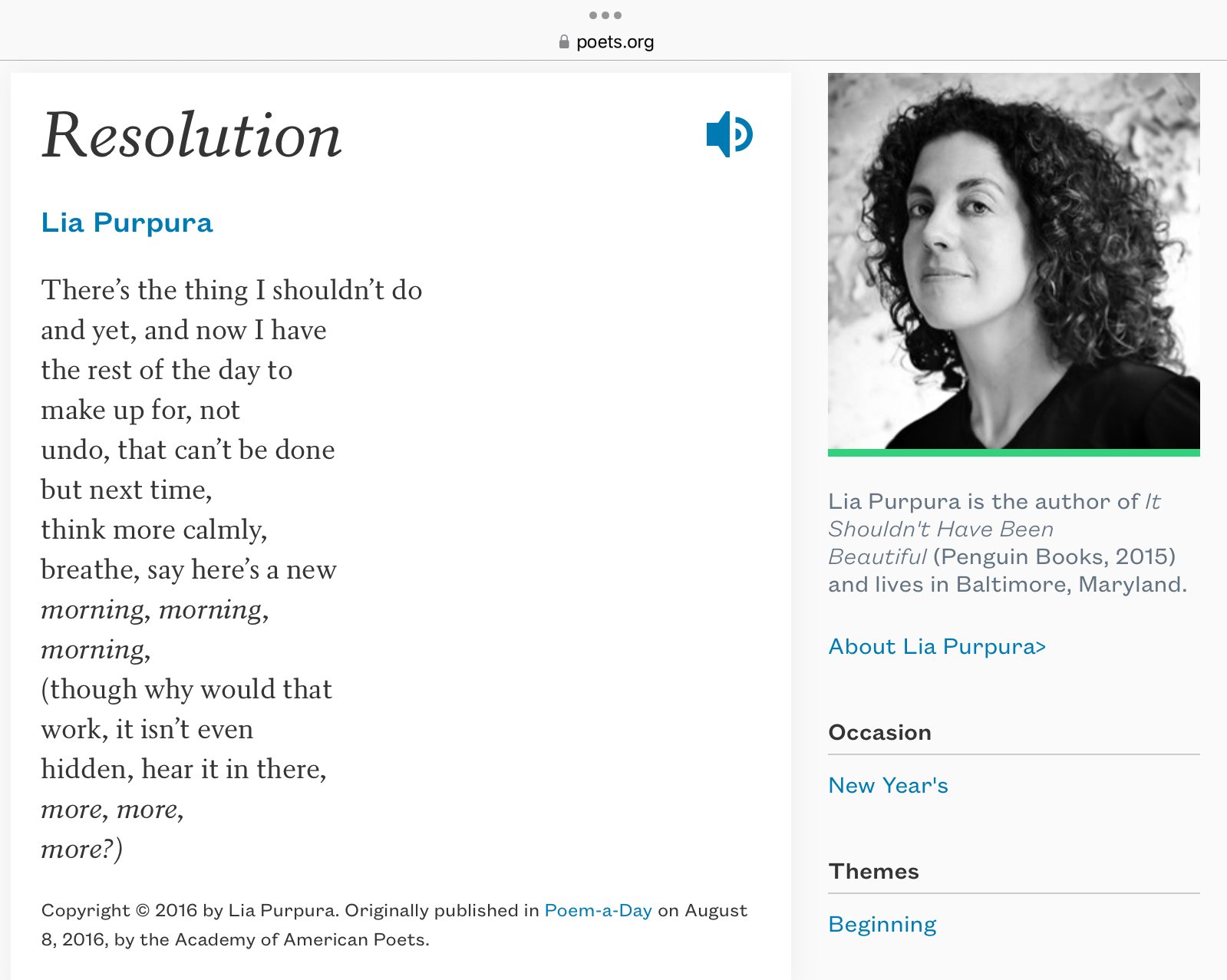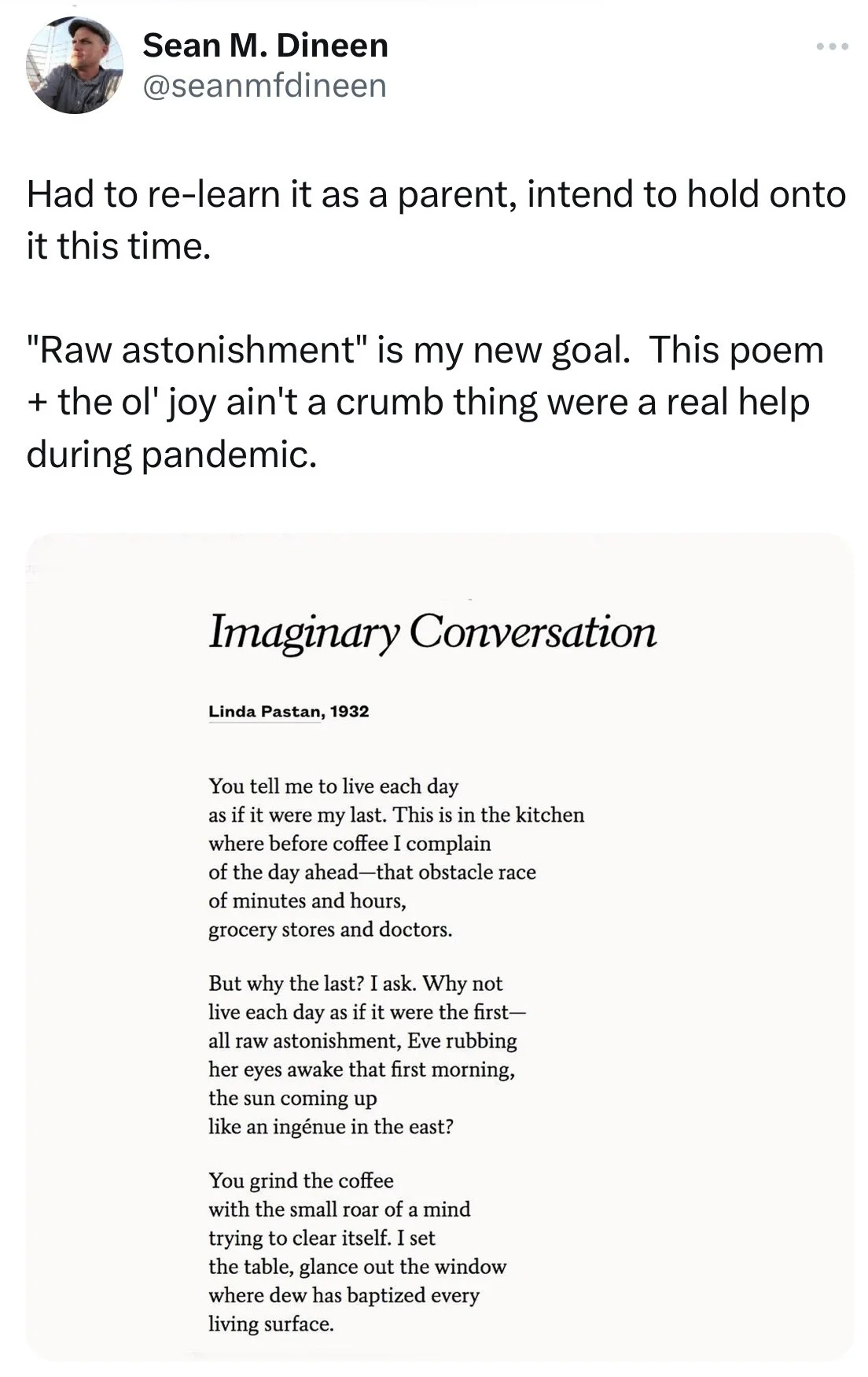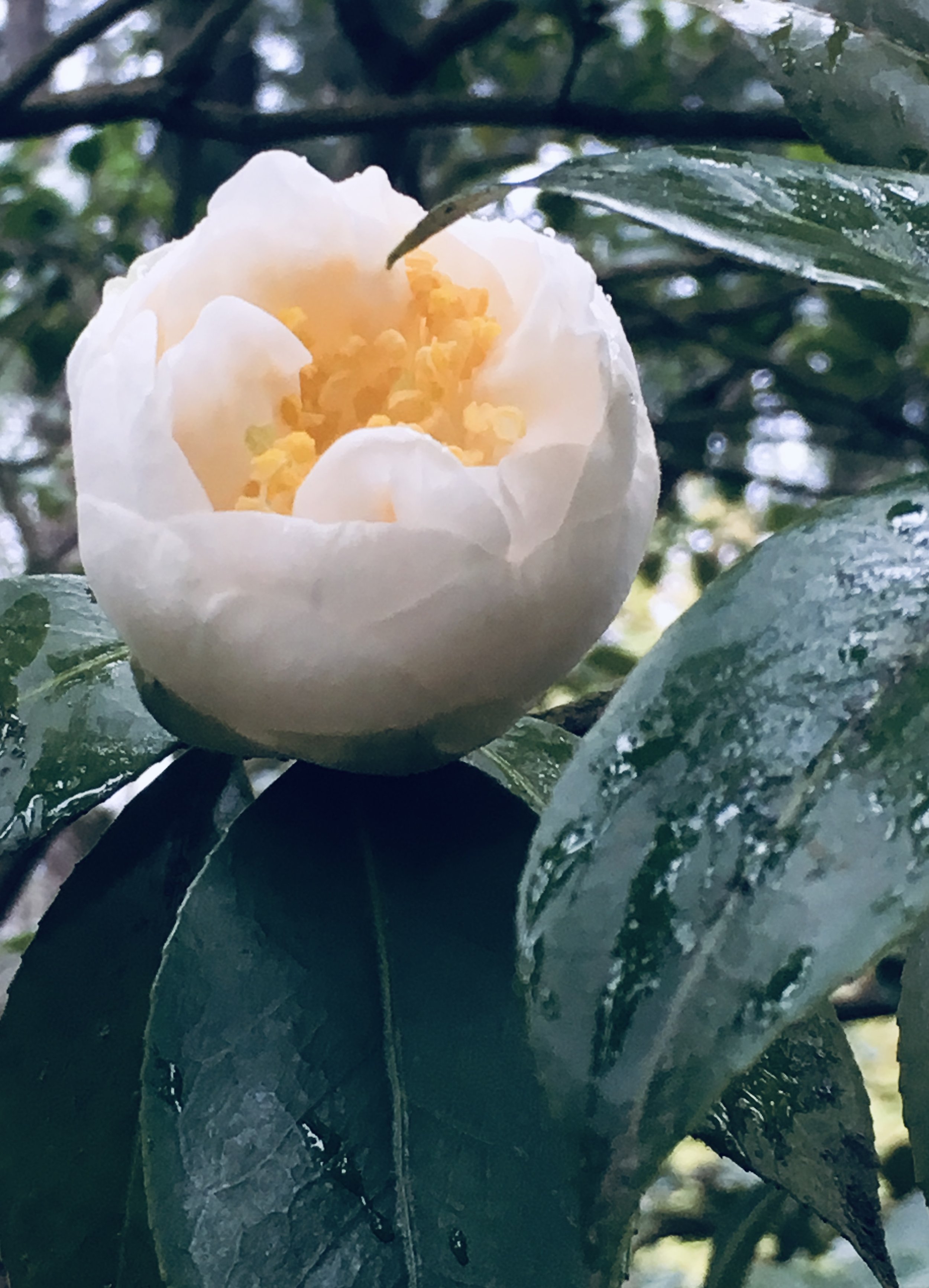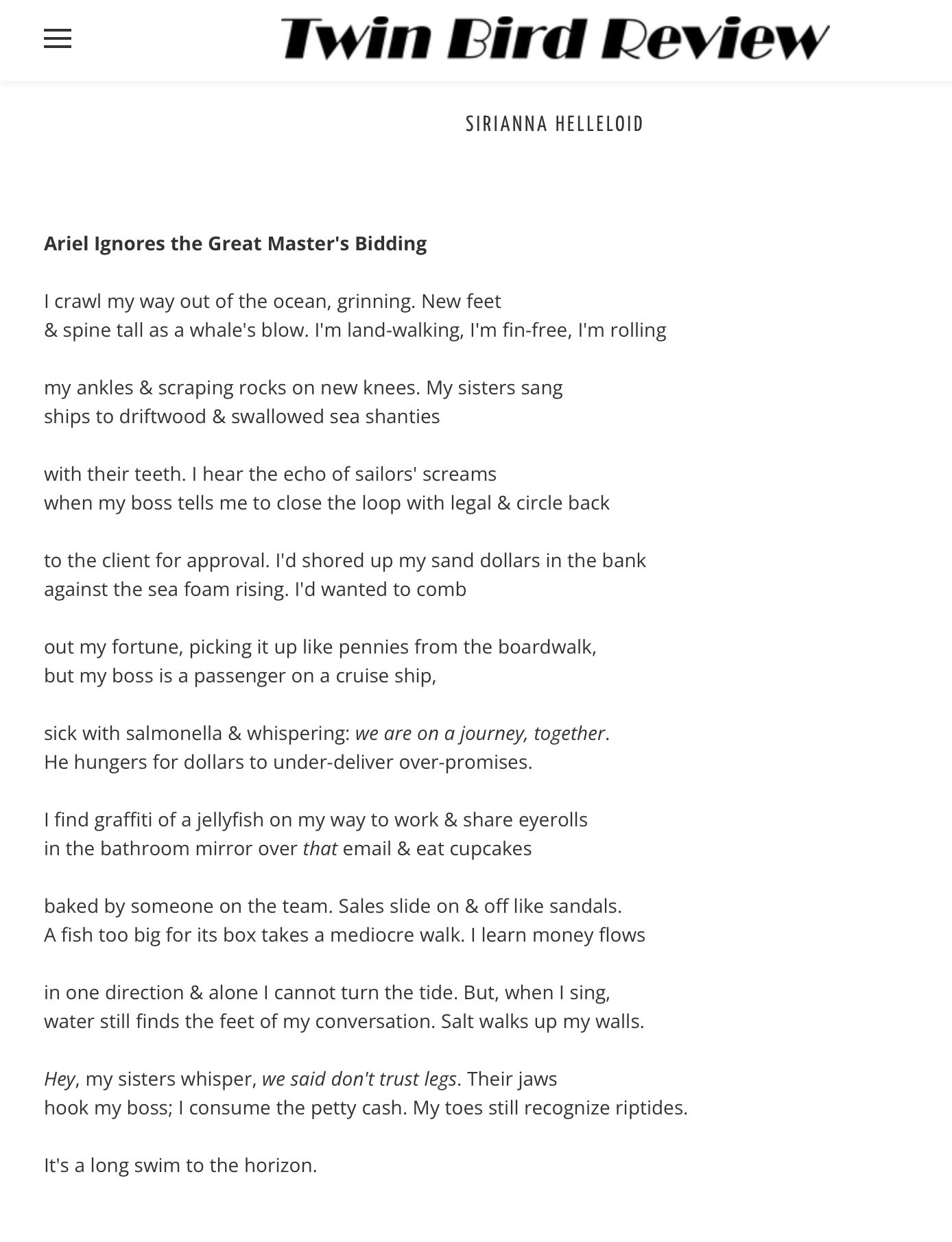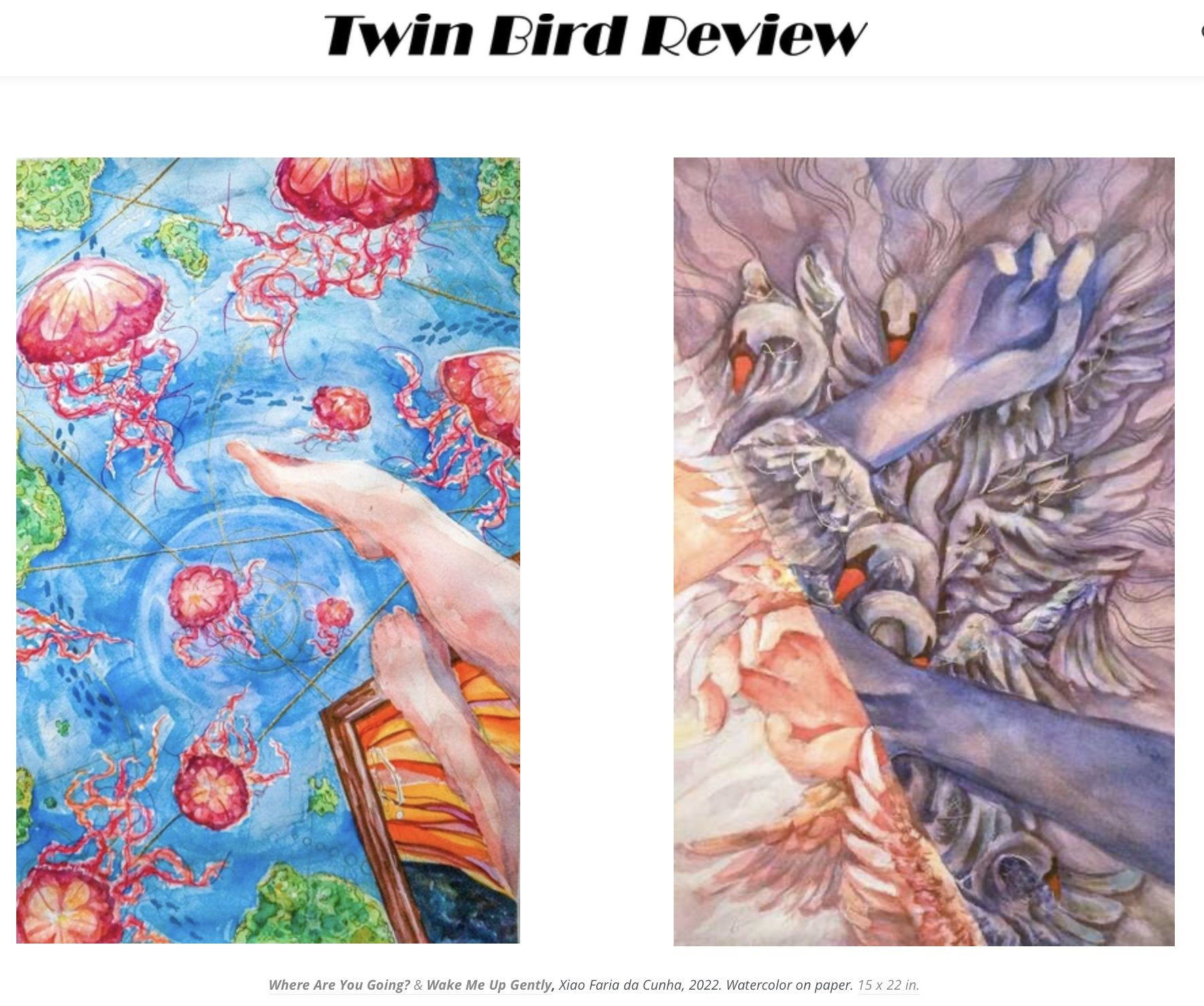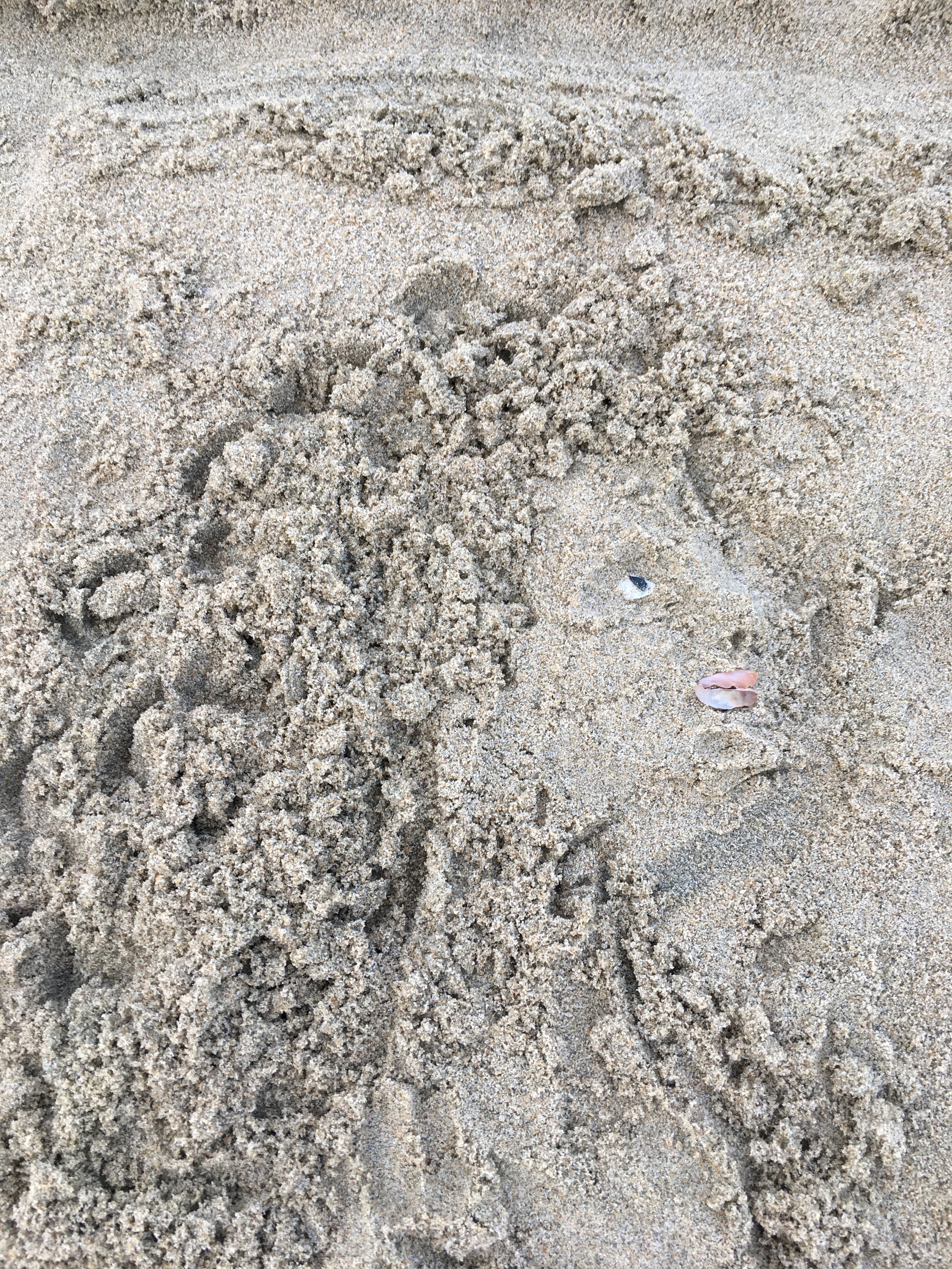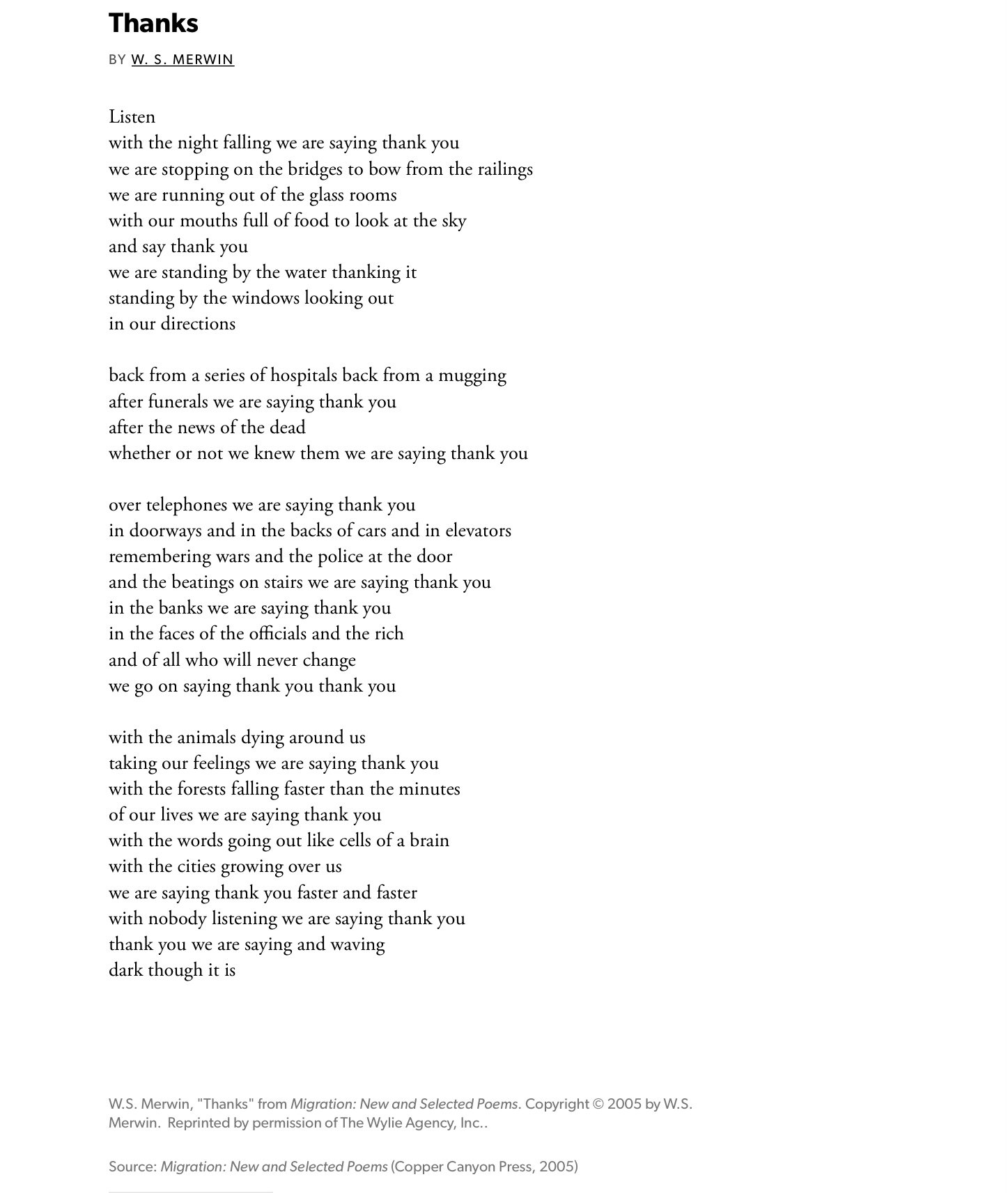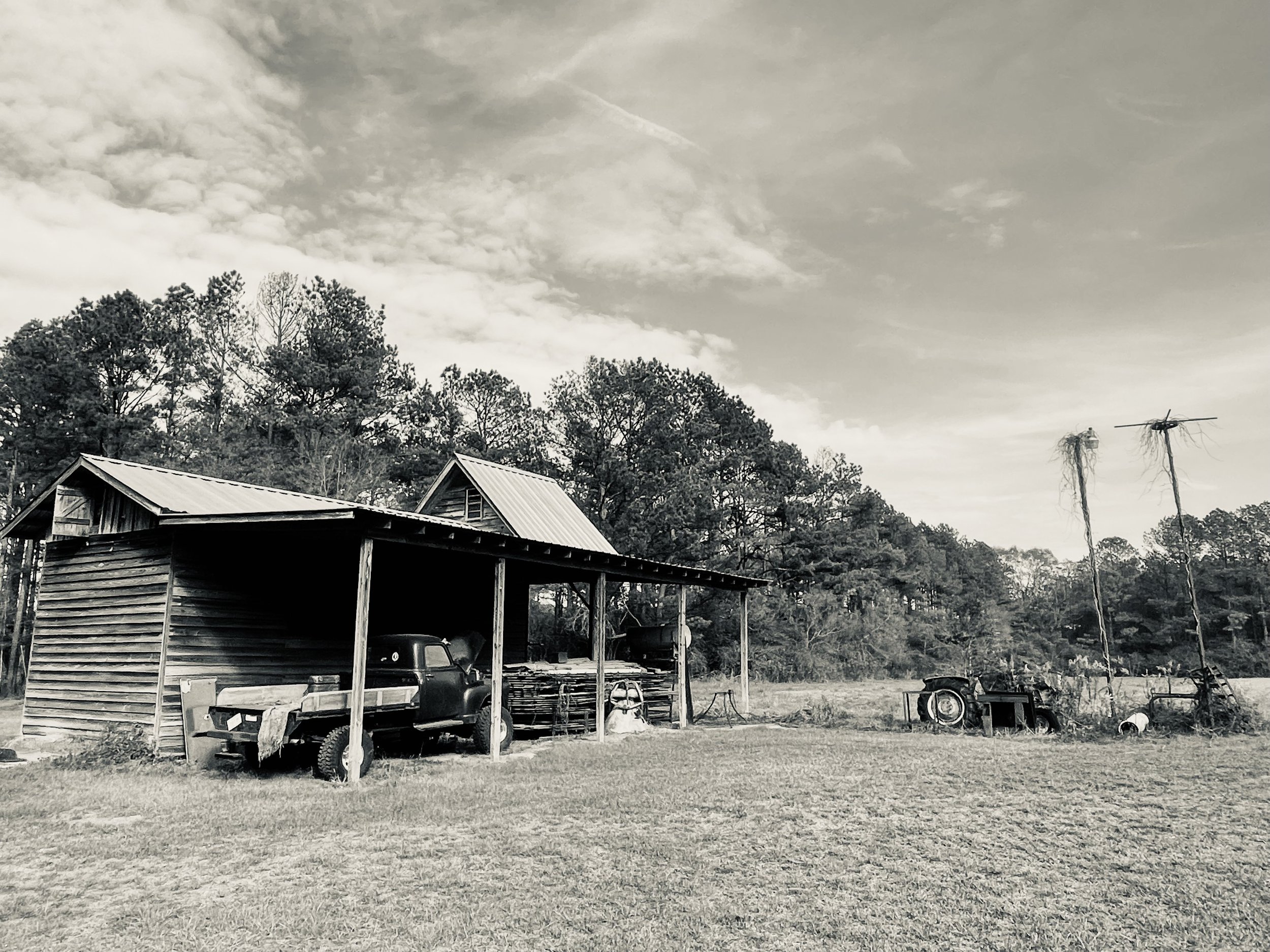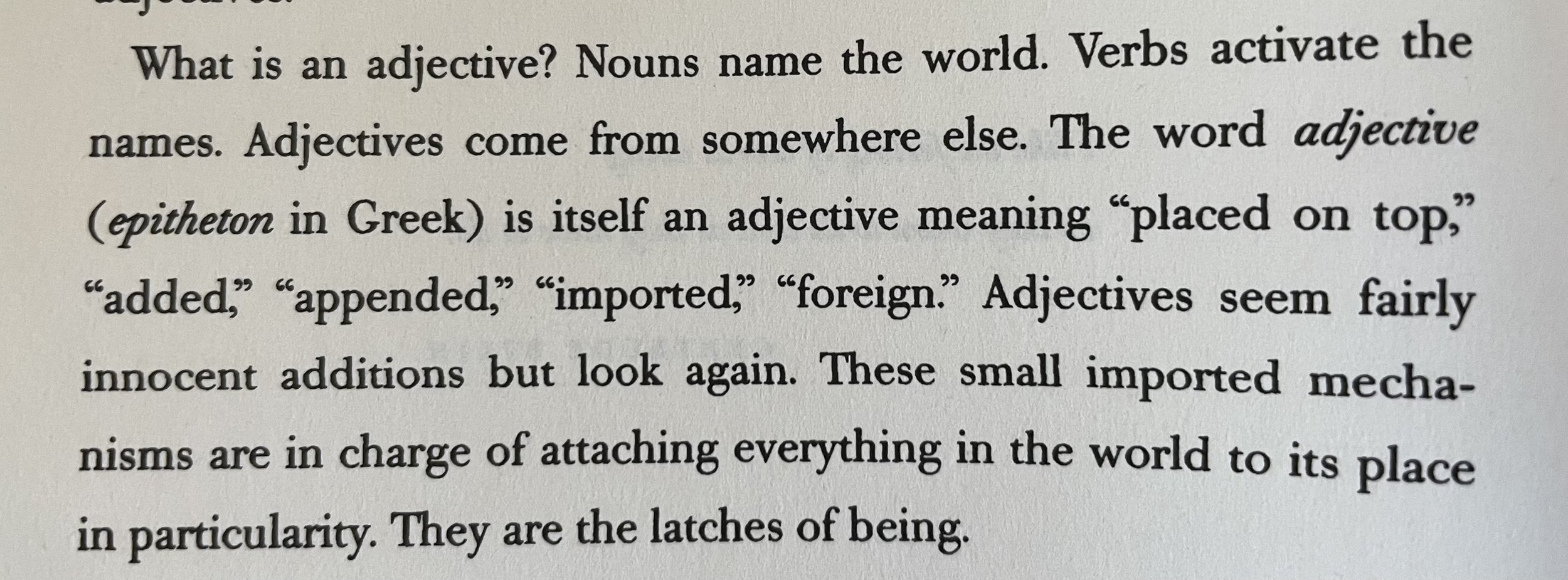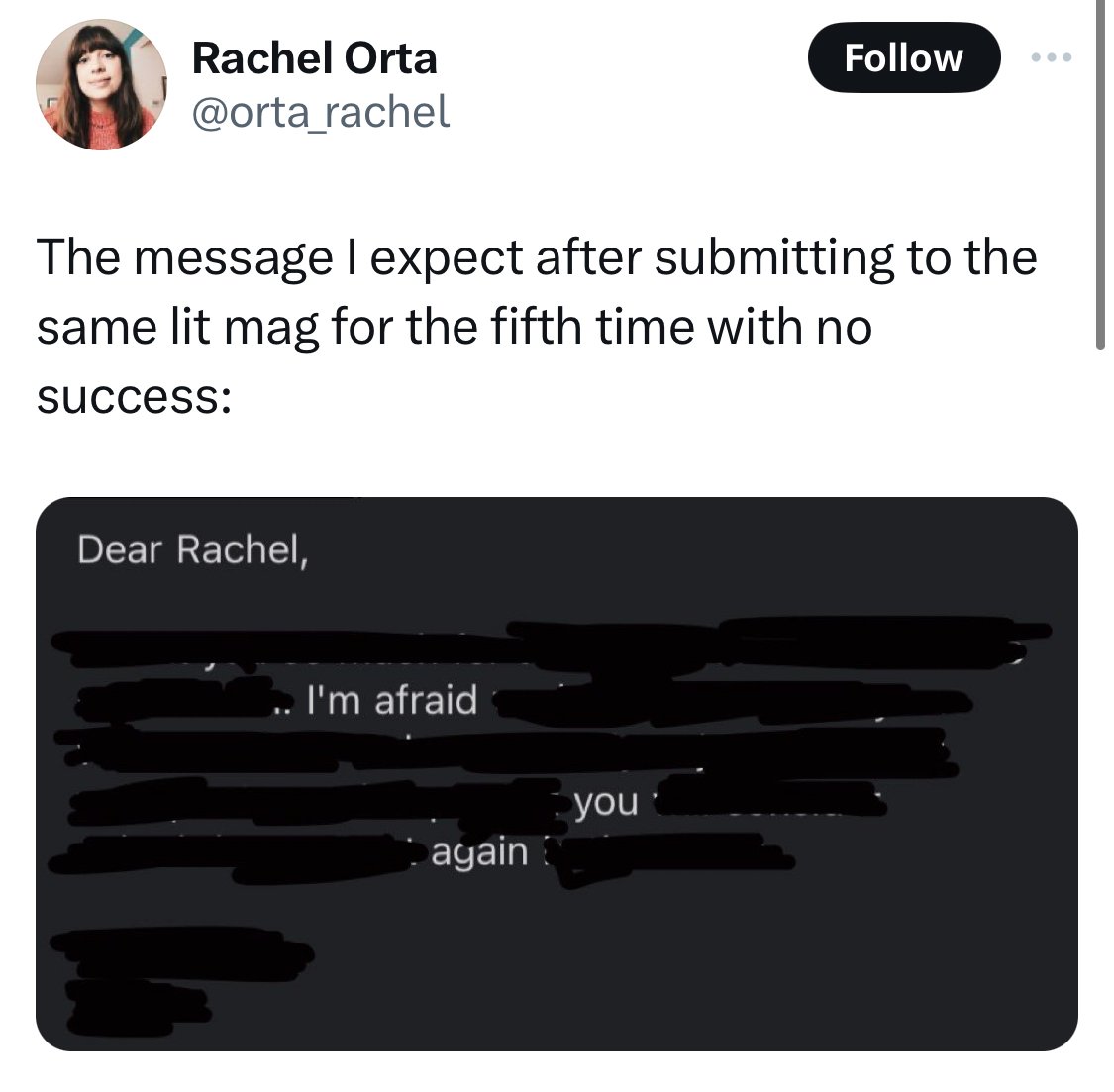It is the 30/30 challenge again! April is National Poetry Month, and the challenge is to write a poem every day for this month. NaPoWriMo.net posts prompts as well as participants’ poems. Check out this month’s prompts and poems as well as those from previous years. You can also submit your own website there to have your poems shared.
I will try to post websites and links to social media accounts that are posting daily prompts along with my own. I will try to post more prompts than usual but won’t put out a new prompt every day. Here is yesterday’s prompt from NapoWriMo.net:
The last couple of years I haven’t finished the challenge, although I have done so previously. I just have to remember that the goal is to write 30 poems, not 30 GOOD poems!
Here is your bonus prompt: write a poem about a moment when you felt yourself break through a period of indecision or blockage.
Good luck writing every day! Have fun!













